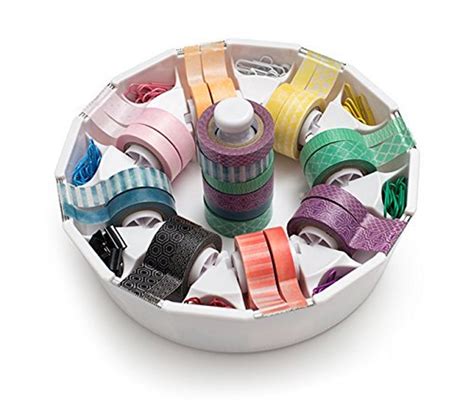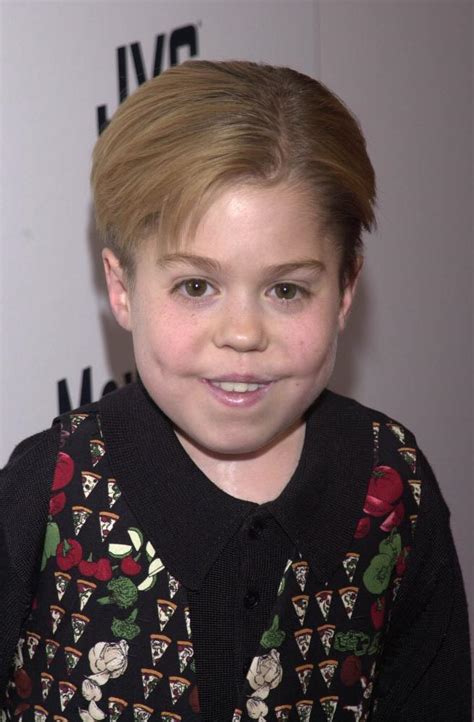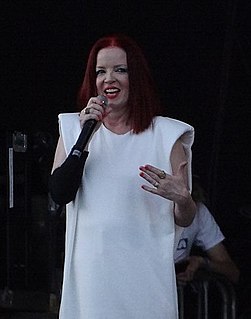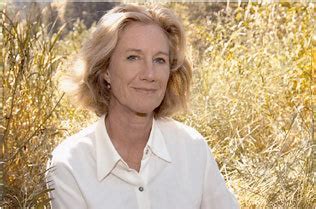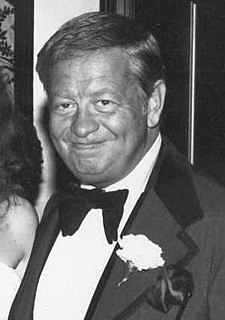A Quote by Patricia Churchland
Eventually I realized that for contemporary philosophers conceptual analysis per se was an end in itself. For some, it was somehow supposed to lead to the truth about these phenomena, not just to tidy things up a bit.
Related Quotes
We proclaim human intelligence to be morally valuable per se because we are human. If we were birds, we would proclaim the ability to fly as morally valuable per se. If we were fish, we would proclaim the ability to live underwater as morally valuable per se. But apart from our obviously self-interested proclamations, there is nothing morally valuable per se about human intelligence.
The kind of approach I take is different from much of experimental philosophy. Although the experimental philosophers and I are certainly in agreement about the relevance of empirical work to philosophy, a good deal of their work is devoted to understanding features of our folk concepts, and in this respect, at least, I see them as making the same mistake as those armchair philosophers who are interested in conceptual analysis.
I'm capable offstage of having some dark, twisted thoughts but the kind of things I like to do onstage are just more conceptual and I don't even think of them as being clean. I don't sit down and think, "Man, I'm going to come up with some lily-white comedy!" They're just things that I like to talk about, and then at the end of the day you think, "Well, I guess that was clean" but it's not the focus.
I think there are basically two kinds of musicians: some are extroverted and some are introverted. I think extroverted musicians are more in the entertainer kind of camp, which is just as valid, but you're going to be more apt to make music that is of the moment - whereas if you're coming from a more introverted place, the music is going to end up being more about the past or more personal. It's not going to be about the people in the room, per se.
We must not leap to the fatalistic conclusion that we are stuck with the conceptual scheme that we grew up in. We can change it, bit by bit, plank by plank, though meanwhile there is nothing to carry us along but the evolving conceptual scheme itself. The philosopher's task was well compared by Neurath to that of a mariner who must rebuild his ship on the open sea.
Let's just call what happened in the eighties the reclamation of motherhood . . . by women I knew and loved, hard-driving women with major careers who were after not just babies per se or motherhood per se, but after a reconciliation with their memories of their own mothers. So having a baby wasn't just having a baby. It became a major healing.





